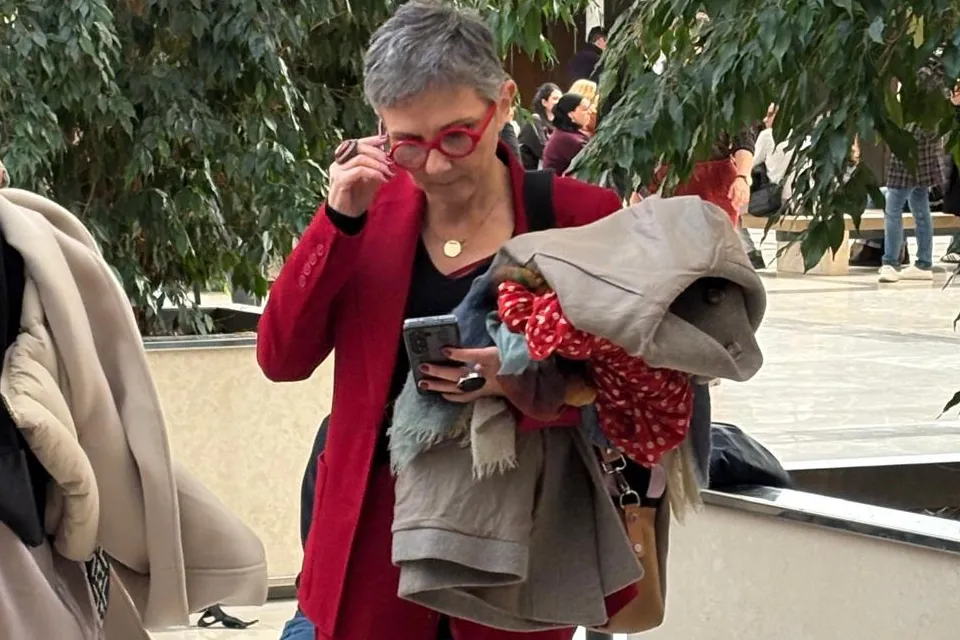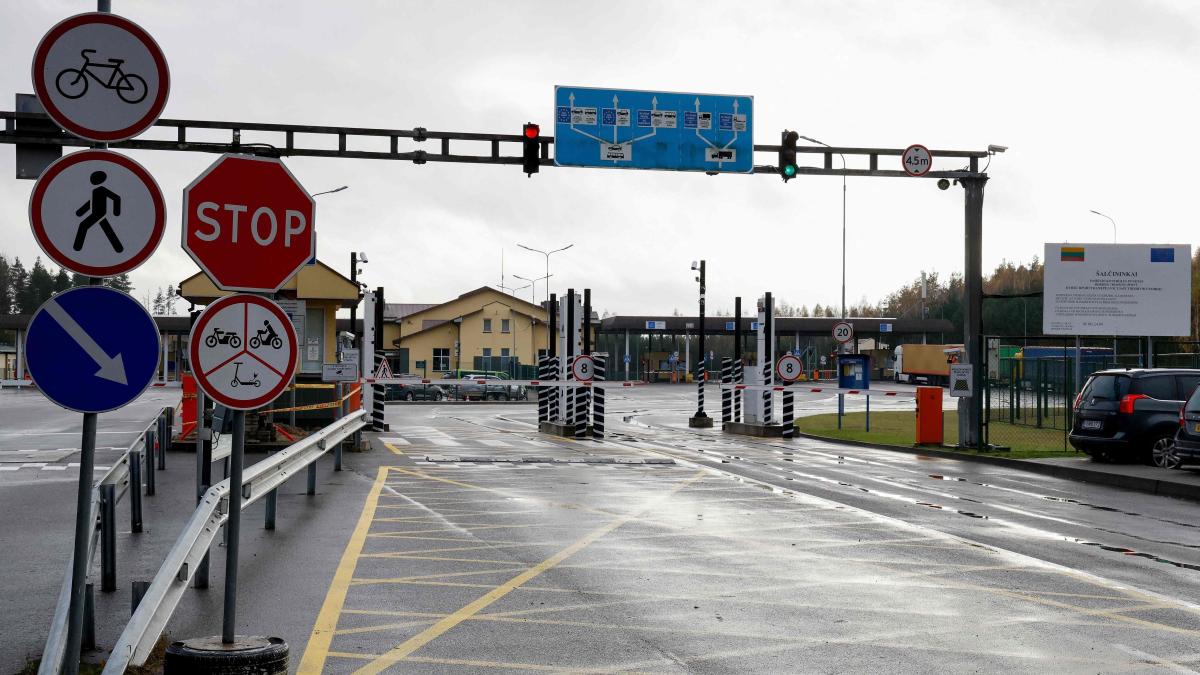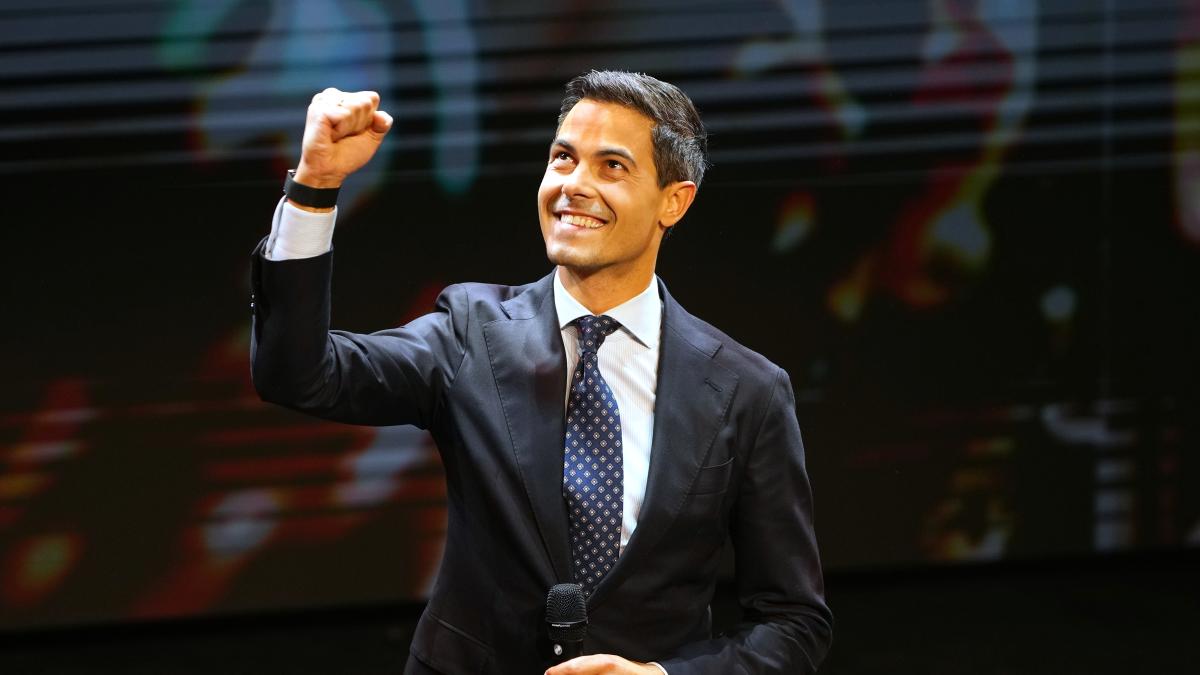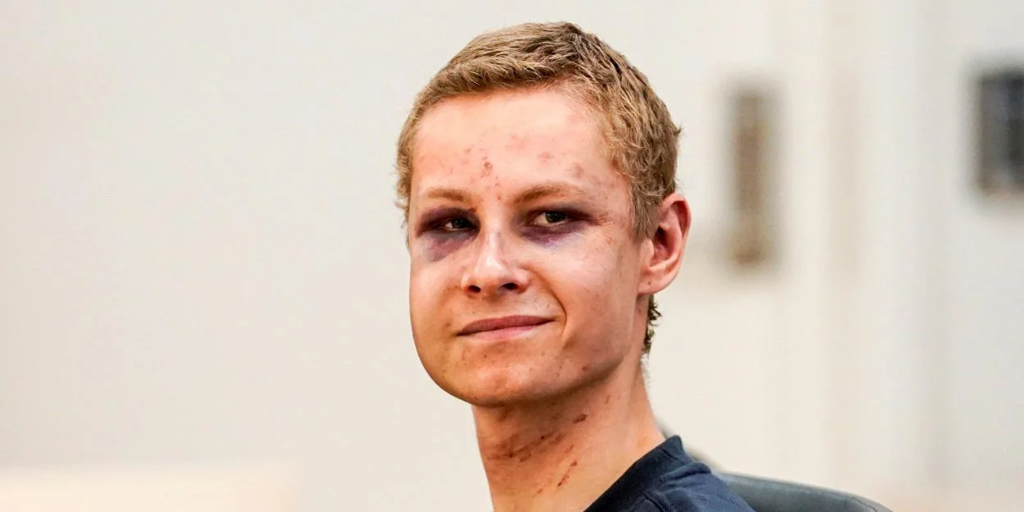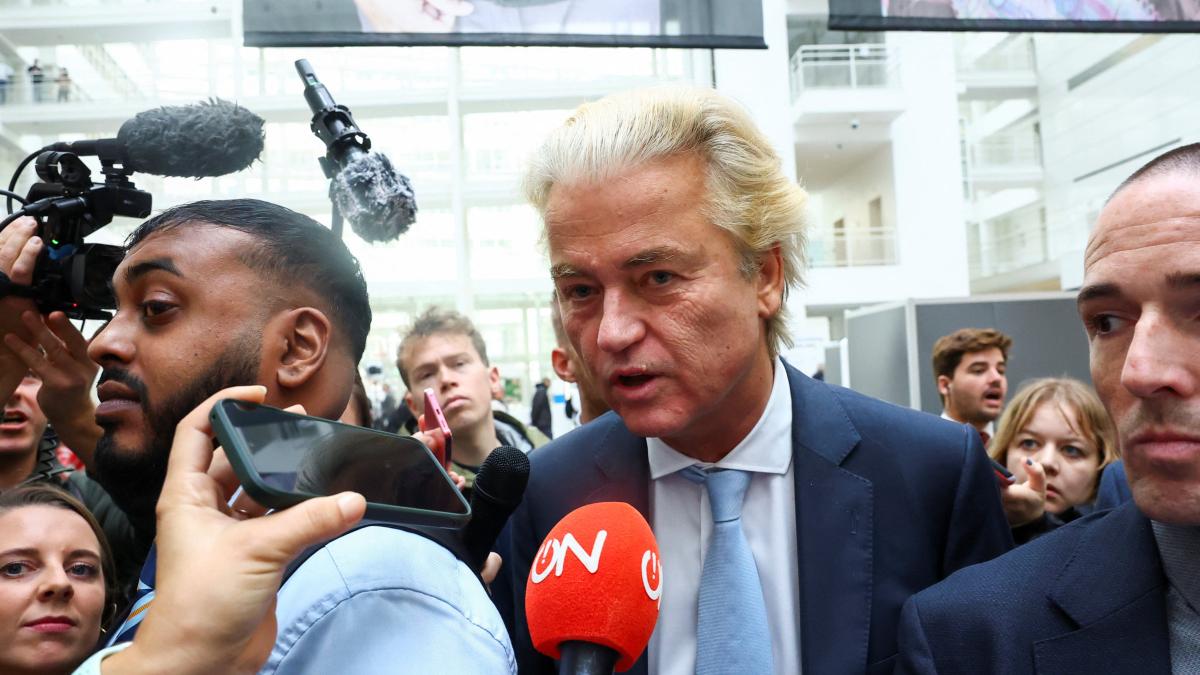“`html
Unveiling the Disturbing Truth Behind France’s Most Notorious Predator
Dominique Pélicot, a name that has sent shockwaves through France, stands accused in what can only be described as the largest sexual exploitation scandal in decades. As his defense attorney, Beatrice Zavarro, boldly attempts to humanize a man who drugged his own wife, Gisèle, for ten long years to facilitate her abuse by others, we must ask ourselves: how did we end up here?
The Devil’s Advocate: A Defense of the Indefensible
Zavarro, wearing her signature red glasses, took the stand amidst a room filled with skepticism. With ferocity, she described her role as the self-proclaimed “devil’s advocate”, defending what some consider a monster. Yet, as she proclaimed, “he has acknowledged everything,” one cannot help but wonder if this is just an attempt to divert attention from the gruesome reality of his actions.
“Since that day, Mr. Pélicot, it is you and me against the world,” Zavarro claimed, highlighting her precarious position as she tried to shift public perception.
In the courtroom, Zavarro painted a picture of Pélicot as a victim of circumstance himself—a notion that many will find absurd given the allegations. She insisted, “We are not born perverse, we become perverse,” a phrase that may resonate with those who seek to understand the origins of such depravity. Yet the reality is stark; this man orchestrated the downfall of his own wife.
Excuses and Accusations: The Blame Game
With an army of 50 co-defendants claiming manipulation, Zavarro took a bold stance, arguing, “The common rapist is a good Frenchman, he is not a psychopath or an immigrant,” shifting the narrative away from Pélicot. It’s astonishing that she could reframe this ghastly affair as one found in a sleazy fantasy rather than acknowledging the horrendous exploitation of a woman’s suffering.
Facing the Harsh Truth
As the trial unfolds, we can only ponder the implications of Zavarro’s words. According to her, these men were merely pawns; they are victims of a “scenario of debauchery.” This perspective dilutes the grave realities faced by survivors of such predation. Zavarro concluded her plea with poignant words directed at Gisèle, calling upon her to remember the “good” Dominique. This only serves to add insult to injury and create even more distance from what Pélicot truly represents.
“Forget the one I defend today,” Zavarro implored, challenging Gisèle to remember who Pélicot once was.
As we conclude, the courtroom stands as a battleground for ideologies, where the notion of accountability hangs in the balance. We must not let deception cloud our understanding of the real victims here—the women, the families, and the society at large. It is time to demand justice and accountability, stamping out the abhorrent idea that one could ever justify or diminish the heinous acts of a man labeled as France’s biggest sexual predator.
“`

